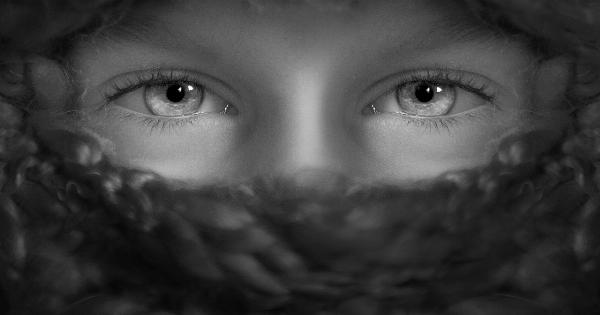Photosensitivity is a condition in which certain people are highly sensitive to light. These individuals may experience various symptoms when they are exposed to bright light or flashing stimuli.
Photosensitivity is not a disease or disorder, but it may be a symptom of an underlying condition. If you suspect that you have photosensitivity, it’s important to talk to your doctor to determine the cause and appropriate treatment.
What causes photosensitivity?
The causes of photosensitivity can vary depending on the individual. Some common causes of photosensitivity may include:.
- Migraines
- Epilepsy
- Medications
- Autoimmune disorders
- Allergies
What are the symptoms of photosensitivity?
The symptoms of photosensitivity can vary from person to person. Some common symptoms may include:.
- Eye discomfort or pain
- Headaches
- Seizures
- Rashes or hives
- Nausea or dizziness
How is photosensitivity diagnosed?
If you suspect that you have photosensitivity, it’s important to talk to your doctor. Your doctor may take a medical history, perform a physical exam, and order various tests to determine the cause of your symptoms.
The tests may include blood tests, allergy tests, or neurological tests.
How is photosensitivity treated?
The treatment for photosensitivity will depend on the underlying cause of the condition. Some treatments may include:.
- Avoiding bright lights or flashing stimuli
- Wearing tinted glasses or lenses
- Taking medications to control symptoms
- Managing underlying conditions such as migraines or autoimmune disorders
How can you prevent photosensitivity?
There are a few things you can do to prevent photosensitivity:.
- Avoid exposure to bright lights or flashing stimuli
- Wear tinted glasses or lenses when you are outside
- Protect your skin from the sun with sunscreen or clothing
- Talk to your doctor about medications or treatment options if you have an underlying condition that may be causing your photosensitivity
When should you see a doctor?
If you experience symptoms of photosensitivity, it’s important to talk to your doctor. Your doctor can determine the cause of your symptoms and recommend appropriate treatment.
You should also see a doctor if your symptoms become severe or interfere with your daily activities.
The Bottom Line
Photosensitivity is a condition in which certain people are highly sensitive to light. The causes of photosensitivity can vary, but it is not a disease or disorder.
The symptoms of photosensitivity can range from eye discomfort to seizures, and it’s important to talk to your doctor if you experience any symptoms. Treatment for photosensitivity will depend on the underlying cause of the condition, but there are a few things you can do to prevent it.





























